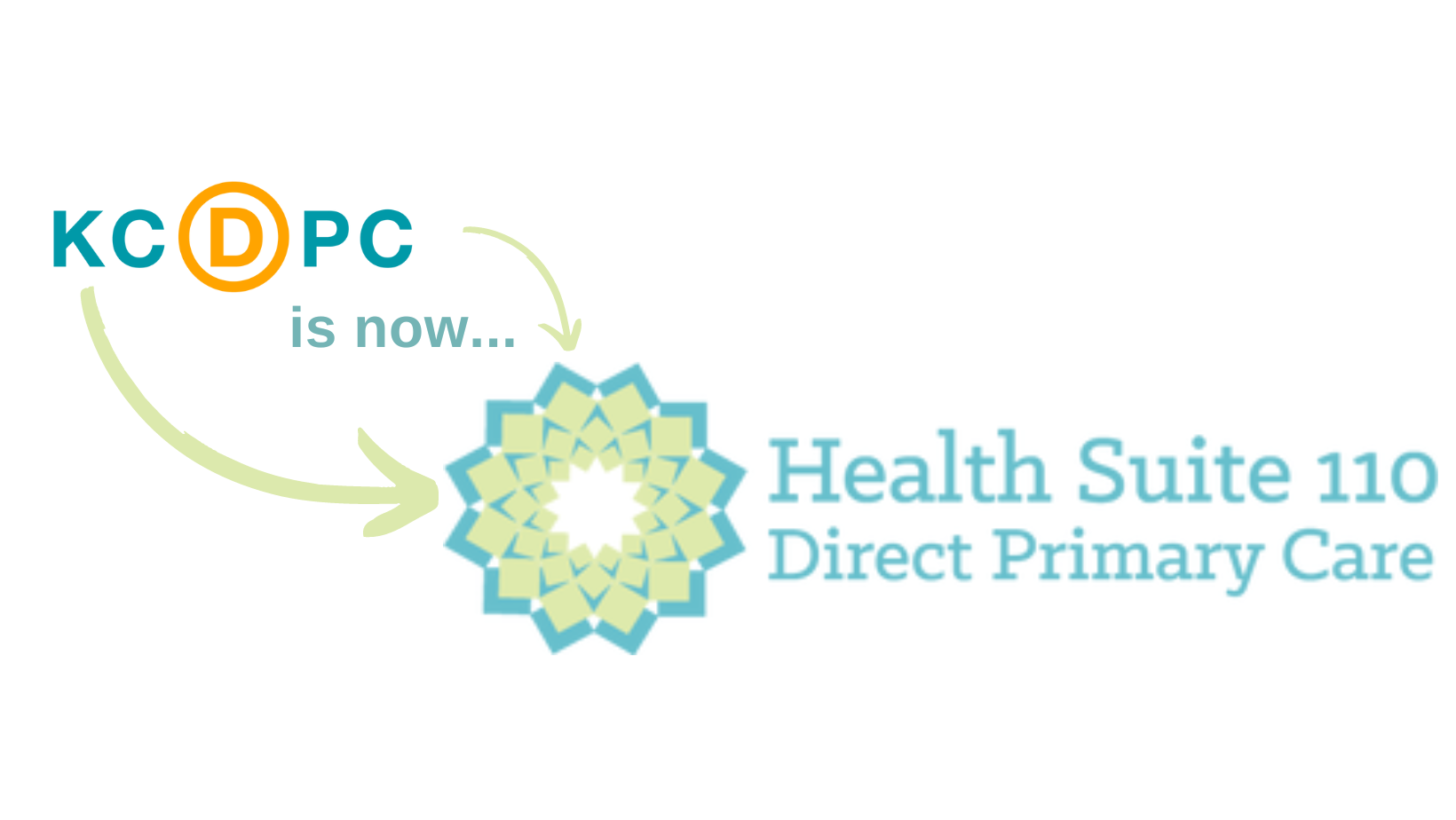Doctor’s note:
It’s strange; as I sit writing this in the last week of February, I see many reminders that spring is right on our doorstep: rain showers, warm days, and plants & trees budding anew. Growing up in the Midwest, I would find myself at this point in the year nearly bent over and embracing the ground with excitement. From the new growth to the better weather to college basketball, spring is by far my favorite Midwestern season. It’s also a good season to reflect on how nature has the opportunity to affect us in a positive manner. Read on to see how to take advantage of the changes about us. As always, don’t hesitate reach out with any questions or concerns, and thanks for supporting KCDPC!
This month’s health tip:
Depression, anxiety, insomnia, and pain are endemic in our society. Unfortunately, (spoiler alert here) modern medicine is ill equipped to treat and cure these nuisances. There is an arsenal of medication at our disposal, but these tend to be suboptimal at best. Whether they’re highly addictive and dangerous or just plain ineffective, physicians don’t have great tools to deal with these common maladies. That’s not to say that there is no treatment, however. The changing of the seasons gives us an opportunity to use a tried but true tool for treatment: nature.
Various studies have been conducted to see how nature affects the human psyche, most of which show positive emotional and cognitive results. One study out of Stanford from 2015 showed that those who took a 90-minute walk in a nature setting (when compared to an urban setting) experienced less “rumination” — the maladaptive pattern of obsessive, negative thoughts that settle into our inner discourse and predispose us to depression and other emotional setbacks. Researchers out of of the University of Rochester showed in 2014 that even 20 minutes in and around nature gave people an enhanced sense of vitality. The effect was even there when participants just looked at pictures of nature, which is pretty impressive.
Getting a recharge from nature has become such a popular concept — a cure for “Nature Deficit Disorder” as one author put it — you may even want to bring a friend along on your next nature adventure. KCUR put together a nice guide to some of the best trails in and around the KC metro several years back, which can be found here. If none of these strike you, find nature closer to home: grab a chair, head to a nearby park or your backyard, and enjoy. Happy trails!
Clinic news:
Dietitians! The ink is barely dry on the lease: we’re bringing the dream team of Street Smart Nutrition and Chard in Charge into the KCDPC space. Led by Cara and Dianna, respectively, these two registered dietitians are both knowledgeable in using food as medicine and also understand how to balance your nutritional needs with the realities of your daily lives. Their services are not included in the KCDPC monthly fee but are invaluable as a lifelong investment in your health, so feel free to reach out to them to learn more about scheduling and costs!
Meditation! We continue, through the end of March, our weekly series of meditation classes. Please join us for a free, open-to-all community meditation class where we explore different aspects of meditation and different mindfulness techniques each week. Each class begins with a quick review of basic principles of meditation followed by a 10-15 minute guided meditation. All levels are invited, whether you’ve never considered meditation before or you’re an expert looking for a more communical practice. To participate, just bring yourself and an open mind. If you have a meditation pillow or yoga mat you prefer, feel free to bring that as well (though we’ll have some if you don’t).
Yoga! We are in the very, very beginning talks with Radiant Life Project to provide affordable, accessible yoga classes for KCDPC members and the community as a whole. We likely won’t get this up an running until early summer, but keep an eye out for it.
